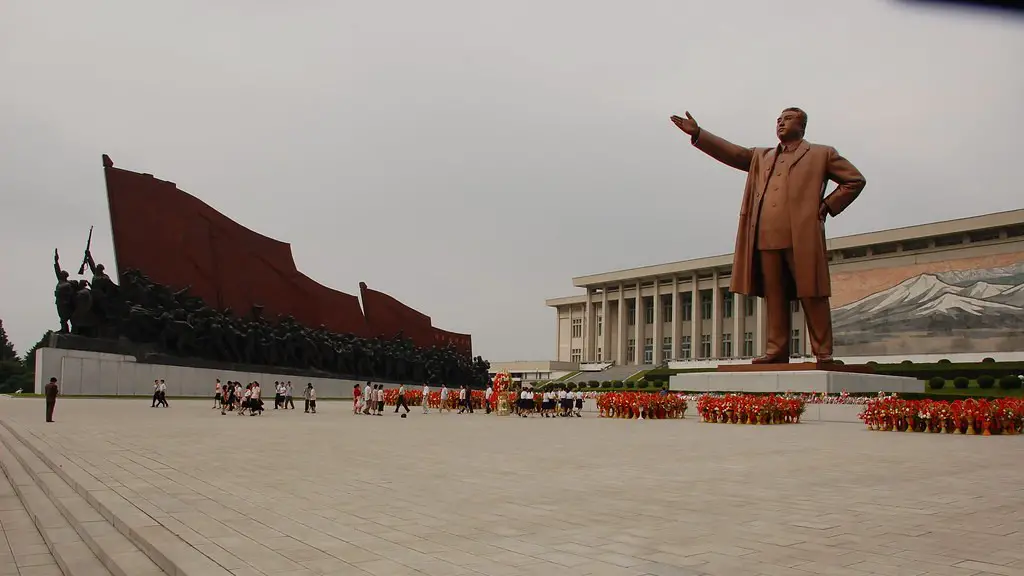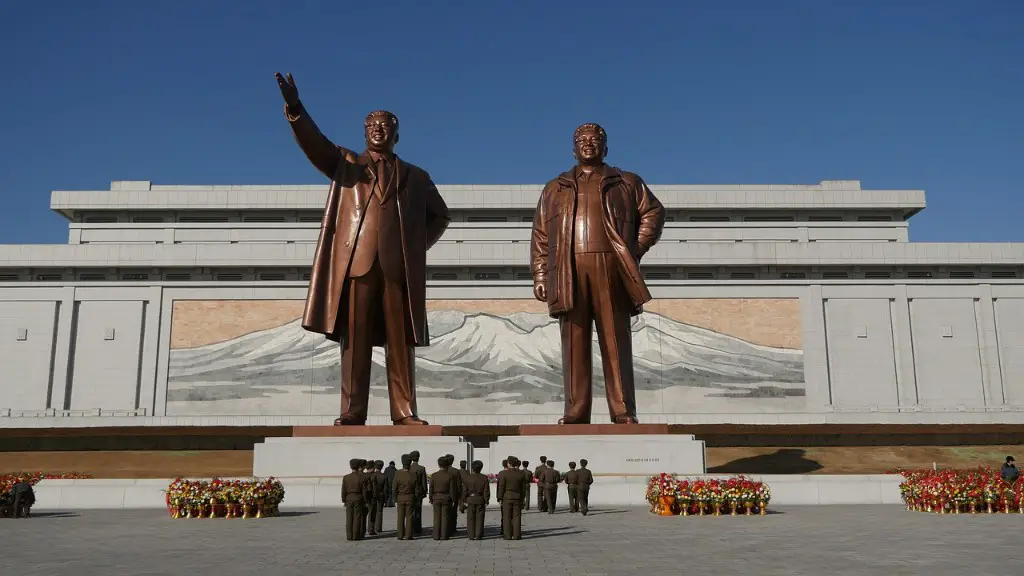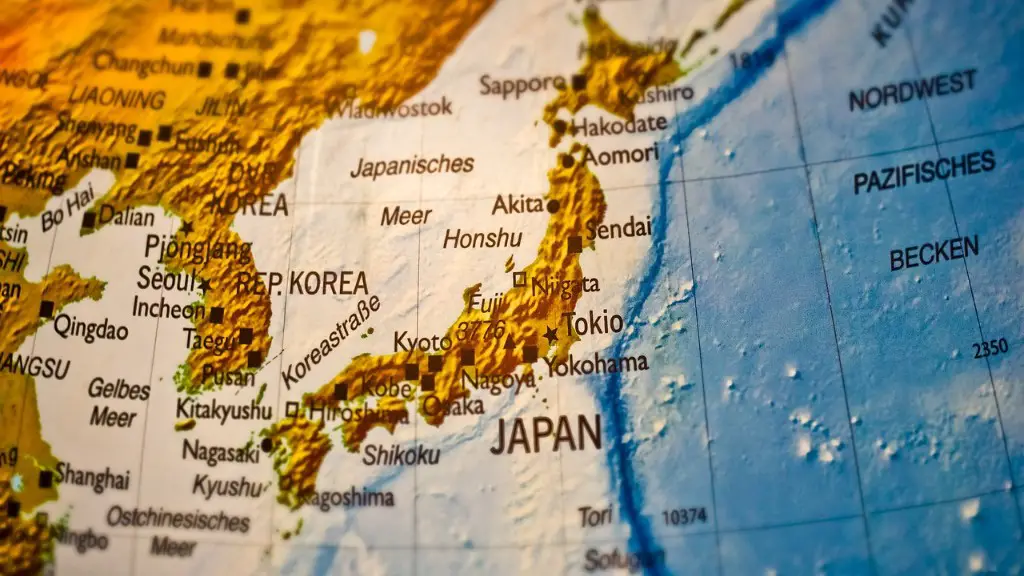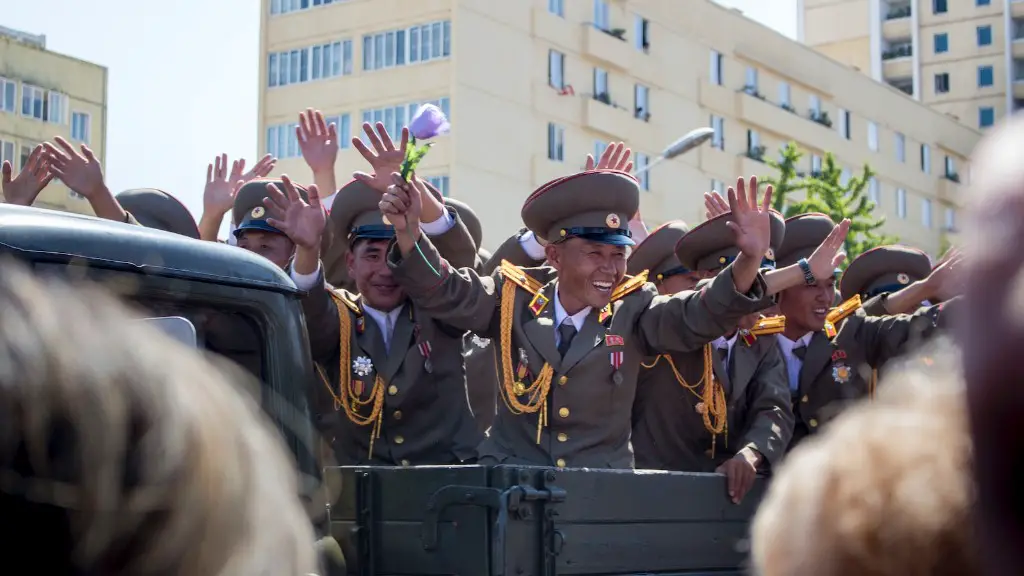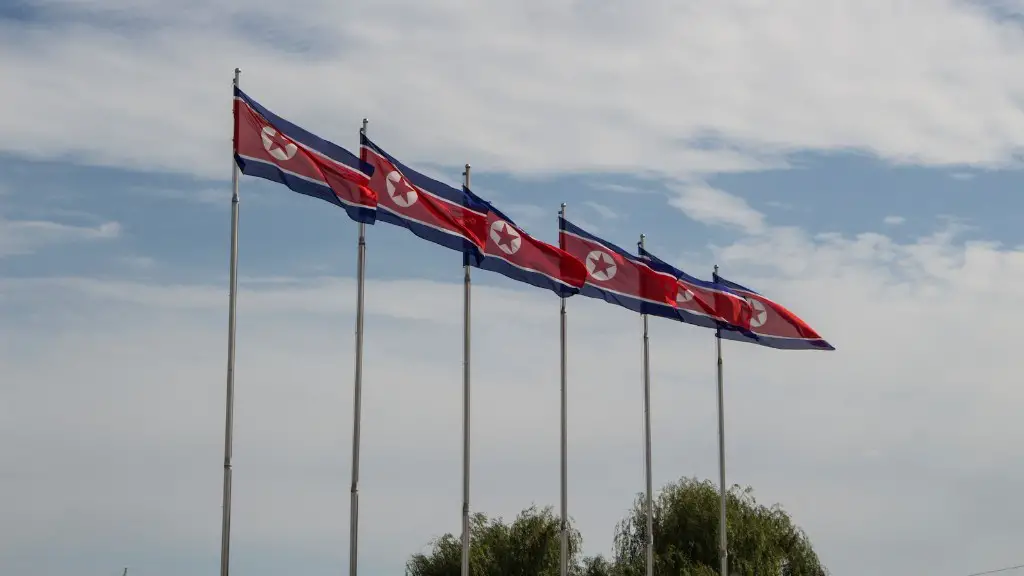The purpose of sanctions is to pressure a country into changing its behavior. In general, sanctions are either economic or diplomatic. Economic sanctions are usually in the form of trade restrictions and can be enforced both by and against a specific country. North Korea is currently under heavy sanctions from both the United States and the United Nations. These sanctions are a response to the country’s nuclear and missile programs, which are seen as a threat to global security. The most recent rounds of sanctions have severely limited North Korea’s ability to import goods and export its own products. This has had a major impact on the country’s economy, and has led to widespread shortages of basic goods.
The sanctions imposed on North Korea are economic and diplomatic sanctions. The economic sanctions are intended to restrict North Korea’s access to international trade and financial markets, while the diplomatic sanctions are intended to isolate North Korea politically.
Why were sanctions imposed on North Korea?
Sanctions are typically imposed in order to force a change in behavior from a country or entity. In the case of the DPRK, the UNSC was seeking to prevent the further development of nuclear weapons by the DPRK.
Sanctions are coercive measures that are applied against States, non-State entities or individuals that pose a threat to international peace and security. They are typically imposed by the United Nations Security Council or regional organizations in response to specific threats to peace and security. Sanctions can take a variety of forms, including economic sanctions, travel bans, and arms embargoes.
What are the restrictions in North Korea
When travelling to North Korea, it is important to be aware of the country’s strict laws regarding what you can bring into the country. Religious, pornographic or political items are all illegal, and you must declare all published material and electronic devices when you arrive. It is also illegal to knowingly or unknowingly possess items that breach North Korean law.
There are many reasons why sanctions may be imposed on individuals, businesses, or countries. Some of the most common reasons include:
-To punish a country for violating international law or agreements
-To force a country to change its policies or behavior
-To isolate a country in order to prevent it from causing harm to other countries
-To protect citizens of a country from the actions of their government
-To promote democracy or other values in a country
Sanctions can be very effective in achieving their goals, but they can also cause hardship for the people who are affected by them. It is important to weigh the pros and cons of sanctions before imposing them.
Does the US trade with North Korea?
The United States exports a small amount of goods to North Korea, totaling $432 thousand in 2018 according to the United Nations COMTRADE database. North Korea is not a large market for US exports, but the data shows a slight increase in exports from 2017 to 2018. The majority of US exports to North Korea are in the form of machinery and electrical equipment.
There is no confirmation of these allegations, and it is unclear what, if any, information was actually exchanged. However, if true, this would be a serious breach of international law and a major concern for global security.
What happens when a country is sanctioned?
An embargo is a limitations or ban on exports or imports. This can be done to create quotas, special taxes, or to freeze assets. It can also be used to limit the transport of technology or products.
The US Department of the Treasury’s Office of Foreign Assets Control (OFAC) administers a number of different sanctions programs. The sanctions can be either comprehensive or selective, using the blocking of assets and trade restrictions to accomplish foreign policy and national security goals.
Comprehensive sanctions are typically used in response to nations that pose a threat to the United States or its interests. These sanctions are designed to limit the financial ability of the targeted nation to support activities that are contrary to US interests. Selective sanctions are targeted at specific individuals, businesses, or government entities and are usually imposed in response to specific actions or behavior that the US opposes.
Both types of sanctions can be very effective in achieving foreign policy objectives, but they can also have negative consequences for the people of the targeted nation. Comprehensive sanctions often result in widespread economic hardship for the general population, while selective sanctions can target key individuals or businesses and cause serious financial difficulties.
It is important to keep in mind that sanctions are not a substitute for military action or other forms of coercion. They are one tool that can be used to influence the behavior of another nation, but they are not always effective and can sometimes do more harm than good.
What are the 5 sanctioned countries
The United States has a number of sanctions in place against various countries and territories. The Treasury Department, the Commerce Department and the State Department all have lists of sanctions concerning different countries and territories. Some of the countries and territories that are under sanctions by the United States include Afghanistan, Belarus, China, Crimea, Cuba, Eritrea, Iran and Myanmar.
North Korean citizens usually cannot freely travel around the country, let alone travel abroad. Emigration and immigration are strictly controlled. This limits the freedom of movement for North Koreans and makes it difficult for them to leave the country if they want to.
Why are we not allowed to go to North Korea?
Exercise increased caution if you travel to North Korea due to the risk of detention and arbitrary arrest of US citizens by North Korean authorities.
The Department of State has received reports of detention of US citizens by North Korean authorities. There is no guarantee of consular access if you are detained by North Korean authorities.
If you are a US citizen, consider carefully whether you need to travel to North Korea. If you choose to travel to North Korea despite this travel warning, you should have no expectation of privacy. All electronic devices, including cell phones and laptops, are subject to search and seizure by North Korean authorities.
If you are detained by North Korean authorities, you may be held in an undisclosed location and may not be allowed access to a lawyer or family members.
The US government has no diplomatic or consular relations with North Korea, and therefore no ability to provide assistance to detained US citizens. The Swedish Embassy in Pyongyang, North Korea, serves as the protecting power for the United States and provides limited consular assistance to US citizens.
Starting September 1, 2021, US citizens traveling to Korea must have a valid visa or an approved Korea Electronic Travel Authorization (K-ETA), which can be obtained online through the Korea Immigration Service website, https://www.immigration.go.kr/.
What happens when a person is sanctioned
Sanctions are a form of enforcement used to ensure compliance with the law. They can take many forms, including punishment, incarceration, and fines. Sanctions are designed to provide incentives for people to obey the law and follow rules and regulations.
The United States of America has a long history of imposing economic sanctions on other countries. Some of the countries that have been subject to economic sanctions from the US include France, Great Britain and Japan. These sanctions have been imposed for various reasons, such as in response to specific actions taken by these countries that the US disapproves of, or as part of a broader effort to pressure these countries to change their policies. In some cases, the sanctions have had a significant impact on the economies of the countries involved, and have led to tension and conflict between the US and these countries.
Who imposes sanctions in the US?
The Office of Foreign Assets Control (“OFAC”) of the US Department of the Treasury administers and enforces economic and trade sanctions based on US foreign policy and national security goals against targeted foreign countries and regimes, terrorists, international narcotics traffickers, those engaged in activities .
The alliance between China and North Korea is strong, and many people believe that China is North Korea’s closest ally. The two countries have a mutual aid and co-operation treaty, which helps to keep the alliance strong.
Warp Up
The sanctions imposed on North Korea by the United Nations Security Council are some of the strongest ever put in place by the international community. They are designed to punish the North Korean government for its continued development of nuclear weapons and ballistic missiles, and to force it to return to the negotiating table to denuclearize the Korean Peninsula. The sanctions include a total ban on exports of coal, iron ore, and other minerals from North Korea; a ban on all imports of North Korean commodities; a ban on the export of North Korean textiles; and a freeze on all North Korean overseas assets. The sanctions also prohibit countries from selling North Korea any fuel, including crude oil and refined petroleum products.
The sanctions imposed on North Korea are very strict and are designed to limit the country’s ability to develop its nuclear and missile programs. The most important sanctions are the UN Security Council resolutions, which have been passed in response to North Korea’s nuclear and missile tests. These resolutions impose strict economic sanctions on North Korea, and they have been successful in limiting the country’s ability to develop its nuclear and missile programs.
